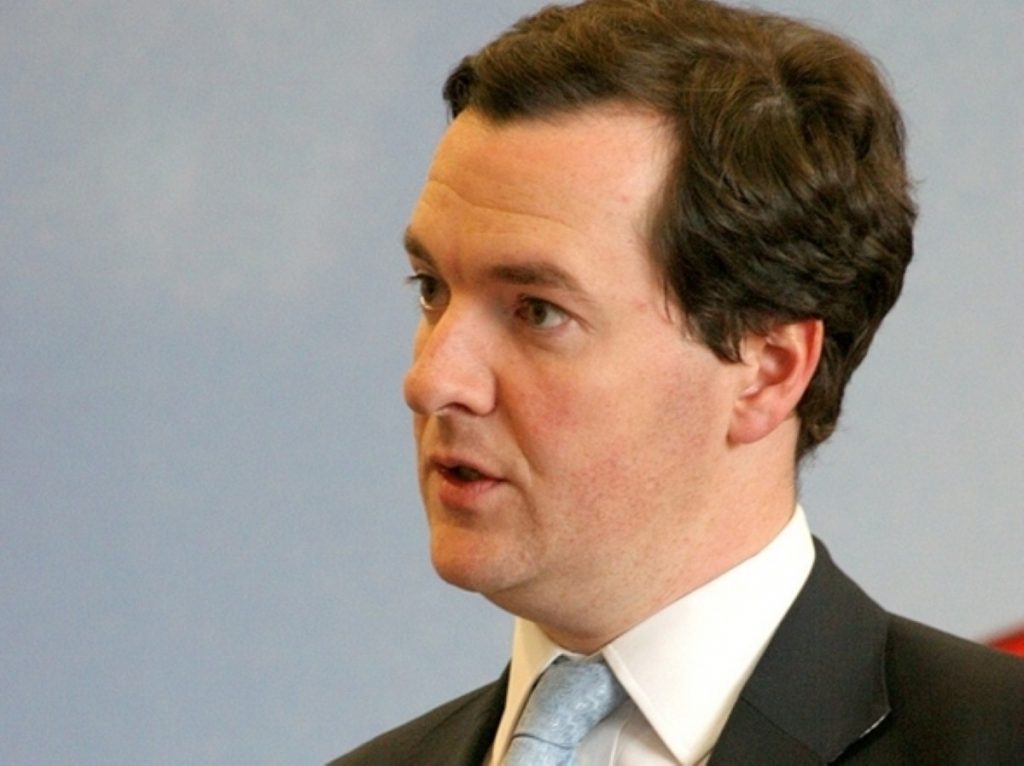Osborne denies spending review gamble
George Osborne is mounting a defence of his “decisive plan”, a day after outlining the biggest spending cuts in Britain since 1976.
The chancellor refused to accept the measures he was taking constituted a gamble, instead insisting the review would create a “platform for economic stability”.
Commentators have pointed out a number of factors could undermine Mr Osborne’s bid to foster a recovery through £81 billion of spending cuts over the next four years.


They have reinforced Labour’s claim that the cuts will damage Britain’s economic performance, an argument backed by the Institute for Fiscal Studies (IFS) today.
Mr Osborne said organisations like the International Monetary Fund (IMF) had backed his plan, calling it “essential to provide fiscal sustainability”.
“Some of the largest employers in this country have all said to me, ‘you’ve got to deal with the public finance problem’,” he told the Today programme.
“That will provide us with the platform, to invest, to create jobs and so on.
“I believe what I’m doing commands the support not just of international bodies like the IMF but the businesses that will create that private sector recovery that we very much need to encourage.”
The chancellor’s arguments about the world economy repeatedly returned to Britain’s relatively high budget deficit.
In the event of market-based concern about sovereign debt focusing on Europe Britain had to escape from its position as one of the most vulnerable countries, he argued.
“Out there in the world there is a very high concern about countries with high budget deficits, and we’ve got one of the largest,” he said.
The performance of the US economy will have a huge impact on Britain’s economic prospects, while smaller-scale uncertainties like the extent of savings achieved through welfare cuts are also uncertain.
“The country needs a decisive plan. It has some caution built into it, there is freedom for the Bank of England to deploy [its] monetary policy tools as well,” Mr Osborne added.
He rejected the IFS’ suggestion that he might have to go further, potentially raising taxes by two per cent of GDP, by contrasting them with Labour’s claims that he has not gone far enough.
“I think being somewhere in the middle is not a bad place to be,” Mr Osborne said.
“All across the piece people are saying I’m going too fast, too slow. I think this is the appropriate pace.”












